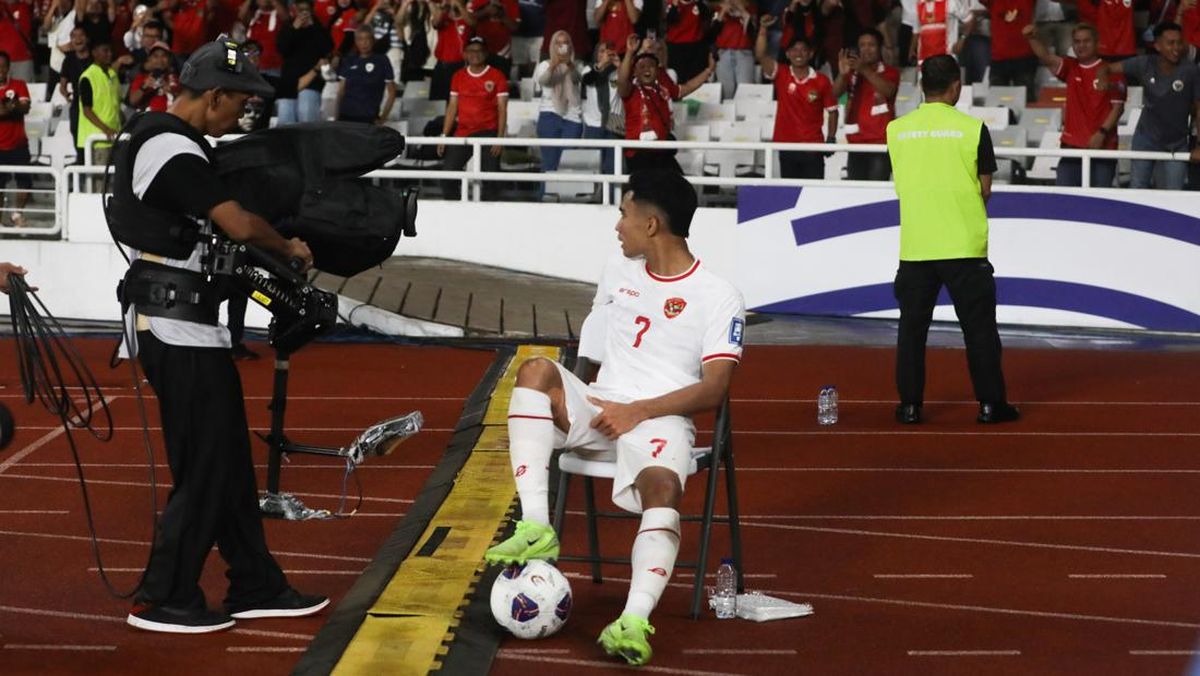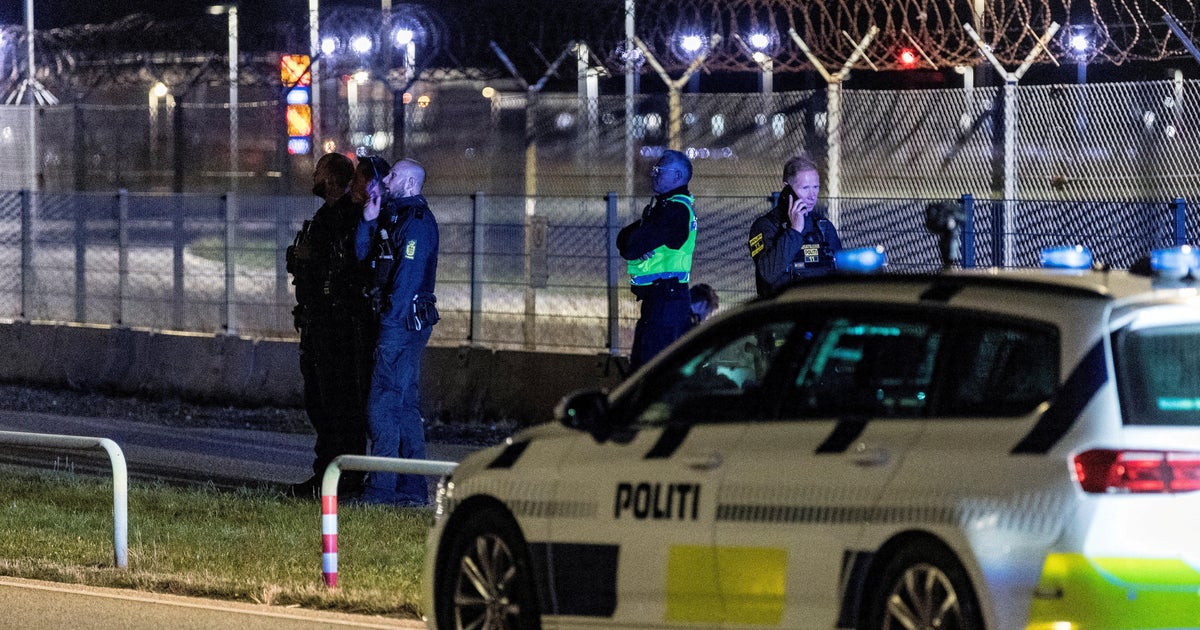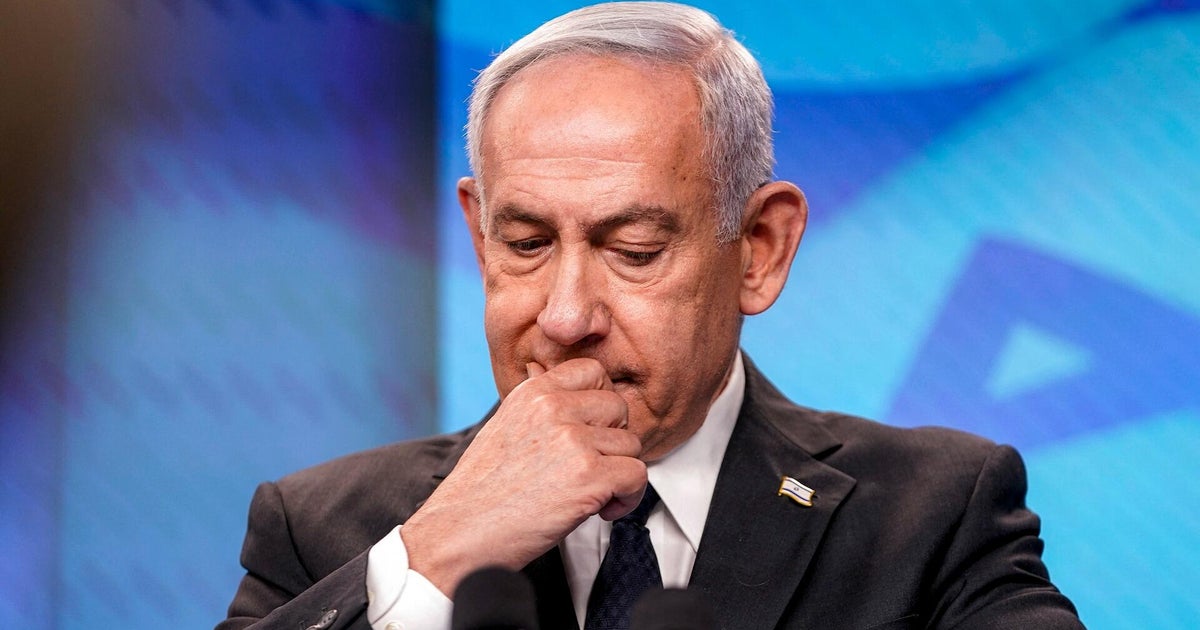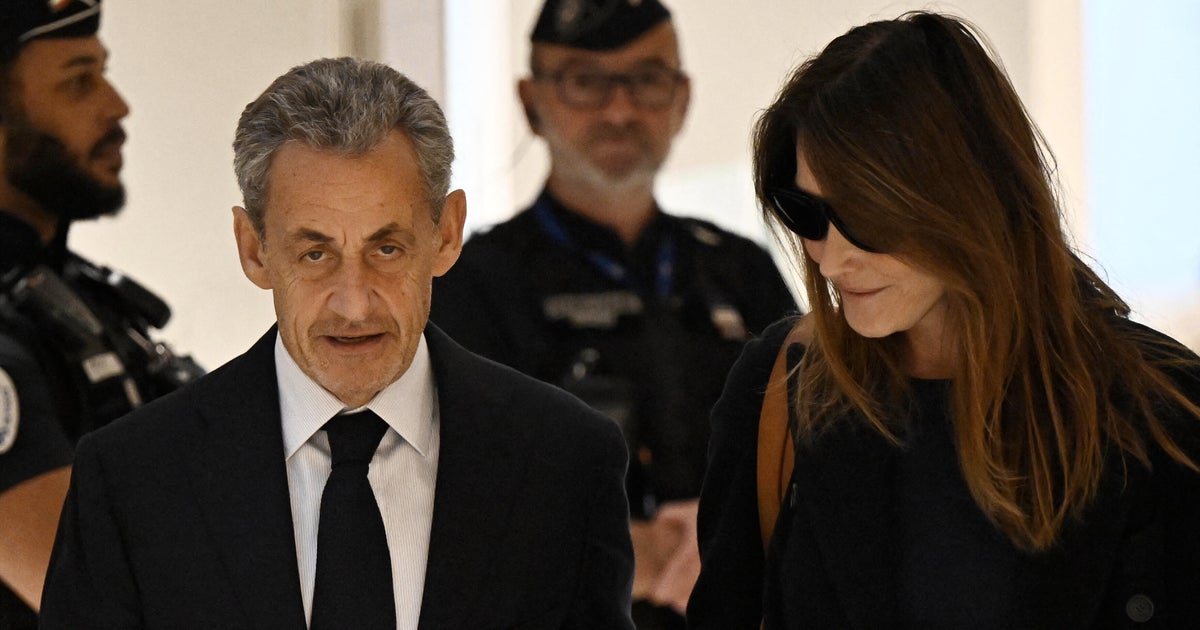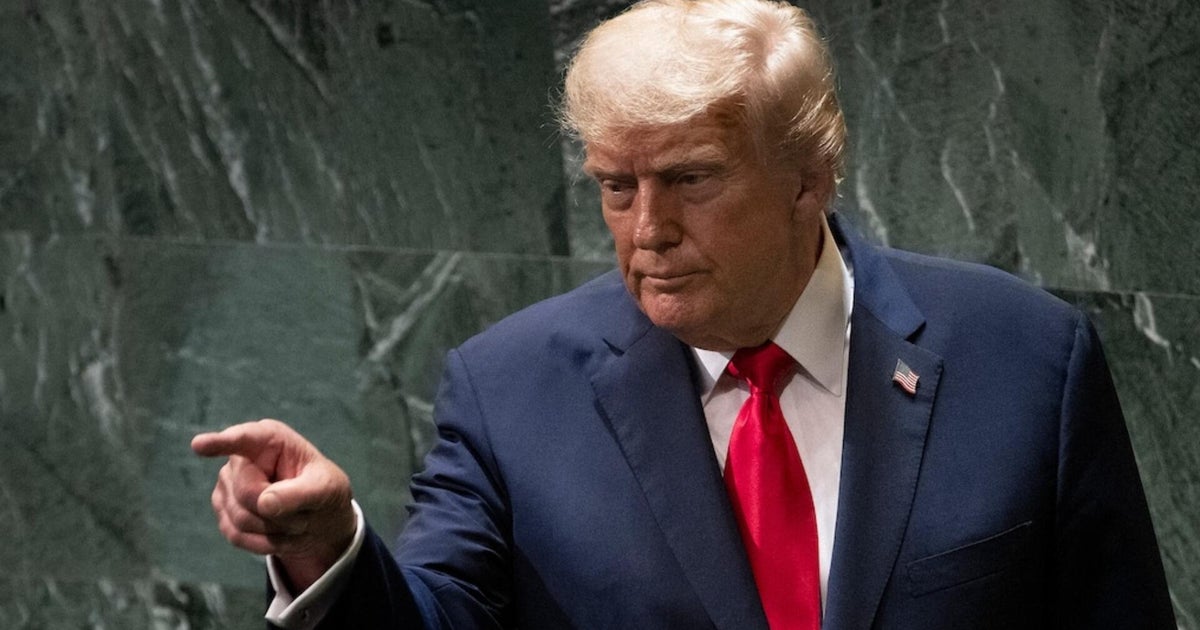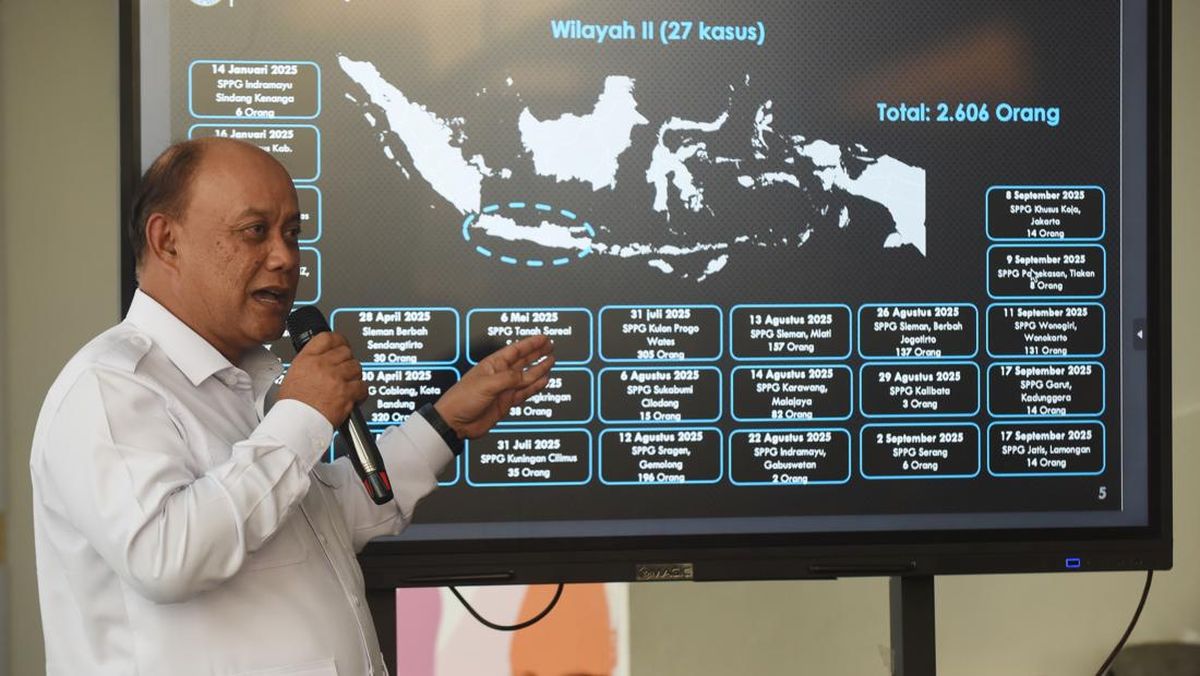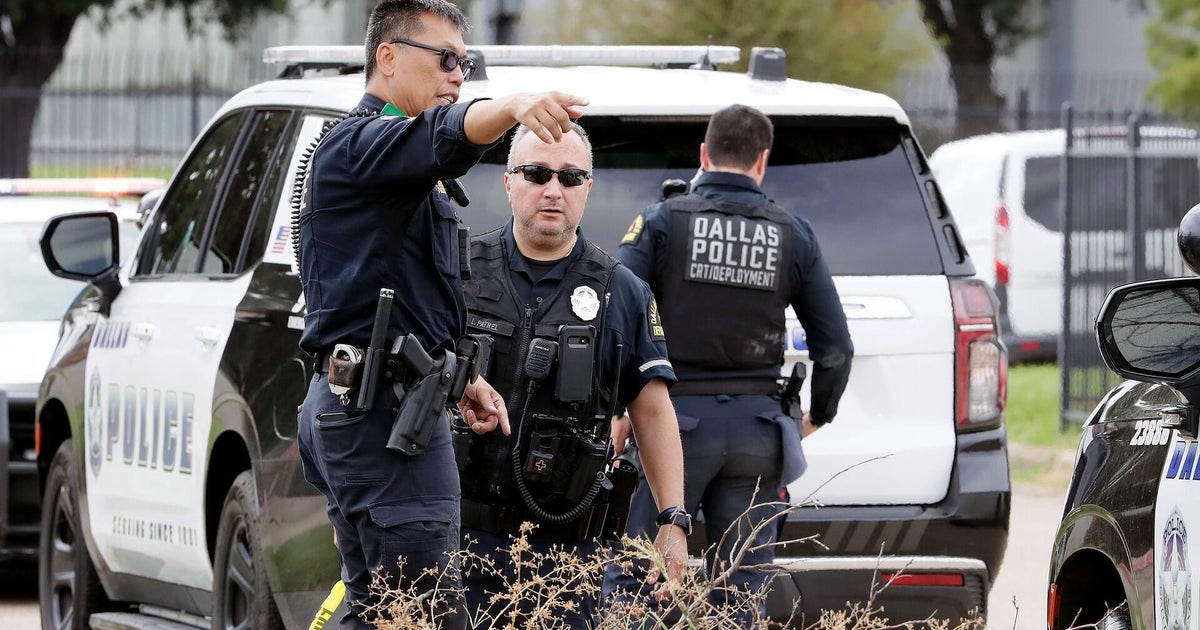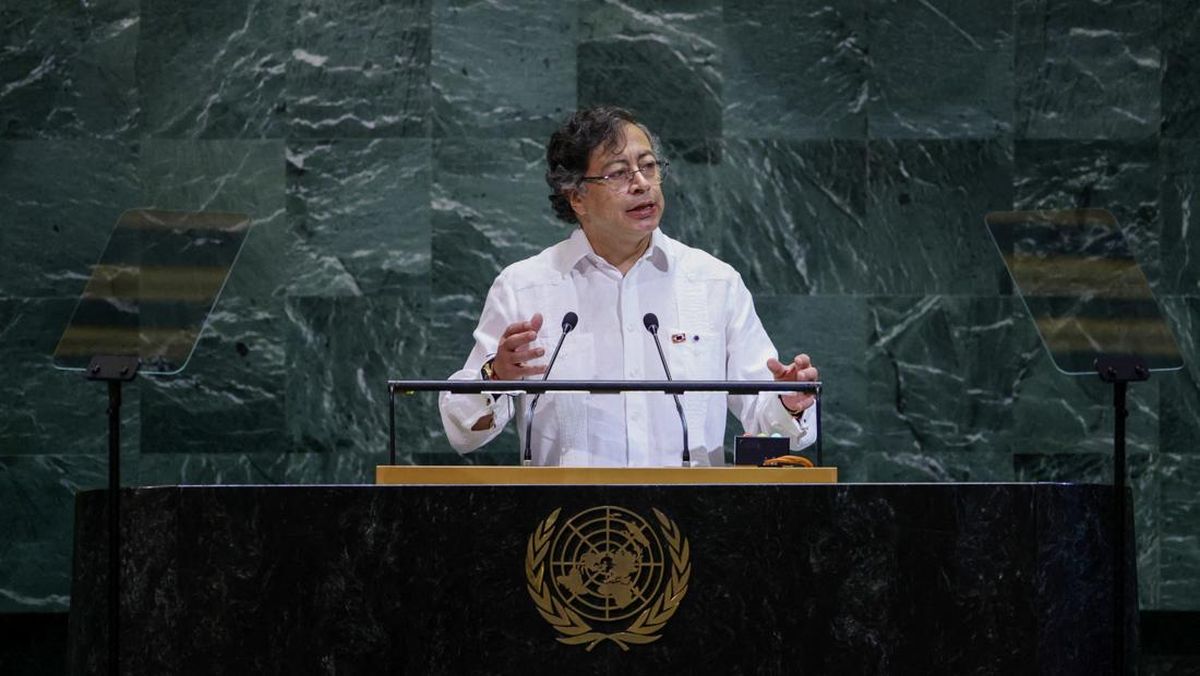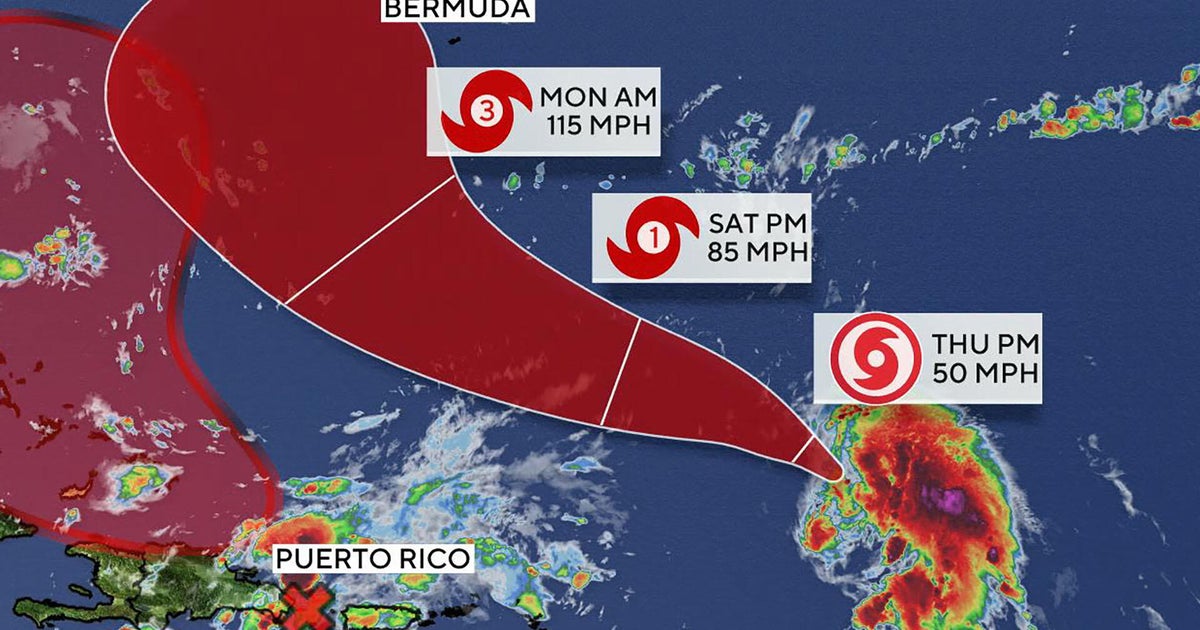Iain WatsonPolitical correspondent

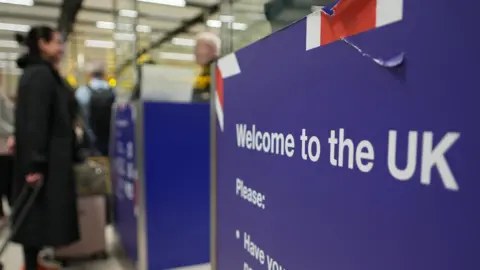 BBC
BBC
"The country is at a crossroads," Sir Keir Starmer is expected to declare in a speech just ahead of the annual Labour conference, which kicks off this weekend.
The prime minister will suggest there are two paths to choose: one is the way of "division and decline" with Reform UK, or Labour's route – unity and progress.
For some in Labour's ranks, the leadership's response, so far, to the rise of Reform has gone down like a lead balloon.
Not nimble enough, not impassioned, is the message.
With Labour lagging in the polls, expect to hear the anti-Reform rhetoric ramped up - but exactly how to burst the populist bubble has proved challenging.
The response to Reform leader Nigel Farage's proposal this week to end existing migrants' Indefinite Leave to Remain suggested that Labour hadn't quite settled on the most effective line of attack.
Chancellor Rachel Reeves questioned Reform's alleged cost-savings and denounced the policy as a gimmick; Labour Party chair Anna Turley highlighted unanswered questions but also raised the prospect of families being broken up; the MP Sarah Owen also mentioned family break-up but added that this was "morally abhorrent".
None of these responses were mutually exclusive but they differed in tone, and perhaps point to a tension between denouncing Reform as not serious - or as all too serious.
Just a year ago, the Conservatives were Labour's principal opponents.
The government now has to grapple with an insurgent party with no track record in office and which is eroding Labour's, not just the Conservatives', vote.
And it's not a problem that's unique to the UK.

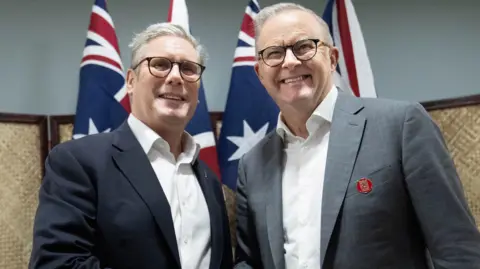 Reuters
Reuters
Sir Keir Starmer will be eyeing the lessons from Australia, after Prime Minister Anthony Albanese won a second term
There is concern amongst centre-left parties internationally that a rejuvenated right is doing well at the ballot box and seemingly winning the battle of ideas.
So how do they fight back?
The think-tank, the IPPR; the Center for American Progress and the pro-leadership Labour Together organisation have brought together an array of progressive leaders to share their electoral lessons at a major conference in London on Friday.
Their big tent encompasses not just international socialist and social democratic parties but also Greens, Liberals - and even some former Conservatives.
Labour strategists are looking enviously at their Australian counterparts who won a second term in May.
Anthony Albanese's government tackled the immigration issue - in which they had felt vulnerable - soon after taking power and tightened rules on student and temporary visas.
They were able to demonstrate a steady reduction in net migration before polling day and made the political case for continuing to bring in skilled labour - defeating an opponent who called for bigger reductions.
But there won't be a single template for Labour to follow.
The Spanish Socialist PM Pedro Sanchez's approach is to not to bang on about immigration but when necessary to defend it as a contributor to a growing economy, while the Danish Social Democrat PM Mette Federikson has been taking a hard line on asylum.
There is nonetheless a shared recognition that a defence of the status quo is no longer sustainable.
The IPPR's Harry Quilter-Pinner says it would be a mistake to follow "the playbook of the right".
He tells me: "The populist right's story is one of extraction – of just taking. Progressives should reject this - it stokes divisions."
He suggests when it comes to economic migration there needs to be an assessment of whether - and how quickly - a UK citizen could be trained to do a job. He believes more of a fuss should be made of becoming British citizen, and there needs to be an expectation of what new citizens would contribute.
Claire Ainsley, who was Sir Keir Starmer's policy chief when he was in opposition, is now overseeing a project on centre-left renewal at the Progressive Policy Institute, and her advice is to grow the "seeds of doubt" about Reform in the electorate's minds in the three years between now and the election.
She believes that while people are happy to cast a protest vote, they currently question whether Reform are really a government in waiting - so challenging them on whether their policies hold together, or whether their numbers add up, is a way of undermining their support.
But it does also mean doing more to tackle the core issue. She says the party leadership realised "the previous set of answers on immigration were not going to wash with the British public that want to see action", and says she was encouraged by Home Secretary Shabana Mahmood's promise that "nothing is off the table" in tackling illegal migration.
But tackling Reform isn't just about immigration. Ms Ainsley says it's about people feeling worse off and not feeling they have got a fair deal on the economy, and a sense that other people are getting treated better than them.
The current buzzword around government is "contribution" - convincing people that they will be beneficiaries and not just contributors to a welfare state.
This is likely to be developed further in the main Labour conference speeches in Liverpool next week.
Previewing that, Labour Together published a report this week. In it, chief policy officer Morgan Wild argues that over the past decades, the link between what people put in and what they get out has all but disappeared.
He says: "It is hard to explain to people why their council tax is going up while their waste service is being cut. It is hard to explain to the public why asylum seekers are being placed in hotels for years on end at the taxpayers' expense....the best way to restore trust is through the contributory principle. If you pay in, you should be able to see what you get out."
Labour MP Clive Lewis, on the party's left, doesn't underestimate the scale of the challenge.
One of his school friends took part in the recent Unite the Kingdom march in central London. Lewis hadn't thought he'd be part of it – he had black family members and is, says Lewis, "a great guy" - but his friend had texted to say he felt he was being listened to.
Lewis says he has seen a "vehemence and anger" amongst a section of the electorate who feel let down - and for Keir Starmer to be believed when he calls out Farage, he needs to be trusted.
He says he believes seeing off Farage is a much bigger task than making a speech, and the prime minister has to do nothing less than change the political culture in the government and in the country.
Adam Langleben of the Progressive Britain think tank also believes progressive parties need to be more "humble" – whether in victory or defeat.
"We have an avoidable habit of not listening enough to the electorate," he says.

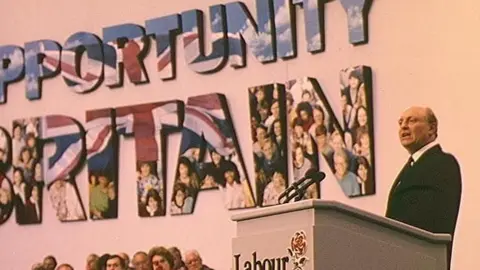
Tackling a pessimistic public mood also requires more than policies.
The prime minister is a political leader who appears to know the value of symbols.
Soon after winning his party's leadership in 2020, he branded Labour literature with the union flag, which was also never far from the backdrop of his TV news clips.
Initially it was to help define him against his predecessor, Jeremy Corbyn.
The message was: Sir Keir would be unambiguously pro-Nato, pro nuclear deterrent, pro strong defence - proud of the flag. Safe to vote for.
But those who converged in central London on the Unite the Kingdom march to hear Tommy Robinson weren't exactly waving their flags to symbolise support for Labour.
It has again become a contested symbol. The prime minister is expected to say he wants to reclaim the flag.
It's a problem that previous Labour leaders have grappled with - and the current one can perhaps learn from.
When Neil Kinnock was the Labour opposition leader in the 1980s, he did not want to cede the mantle of patriotism to the Conservatives, so he sought to define patriotism in line with his own beliefs, and he placed the union jack (and the flags of the UK's constituent nations) on party literature to reclaim it, he said, from the far-right party, the BNP.
In the 2000s, the governments of Tony Blair and Gordon Brown sought to claim 'Britishness' for themselves.
But Keir Starmer faces a tougher political landscape now.
According to recent polling from pollster Lord Ashcroft, the public can't agree on why union and English flags have been appearing on lampposts, and whether or not this is a good thing. Labour, Lib Dem and Green voters tend to think they signal hostility to immigrants; while right of centre voters believe they are signs of frustration with immigration.
Overall, 39% of respondents supported the appearance of the flags while 28% disapproved - but about a quarter of voters surveyed had mixed feelings.
Despite obvious divisions, Adam Langleben believes it is possible to create a "progressive patriotism", taking a leaf from the maiden speech of the murdered MP Jo Cox, which celebrated diversity but recognised that "we have far more in common than that which divides us".
Reform UK have been clear what they are against.
But some of the prime minister's own MPs say he can only really be successful in taking on Reform if he is clearer about what he is for.



 2 hours ago
2
2 hours ago
2



